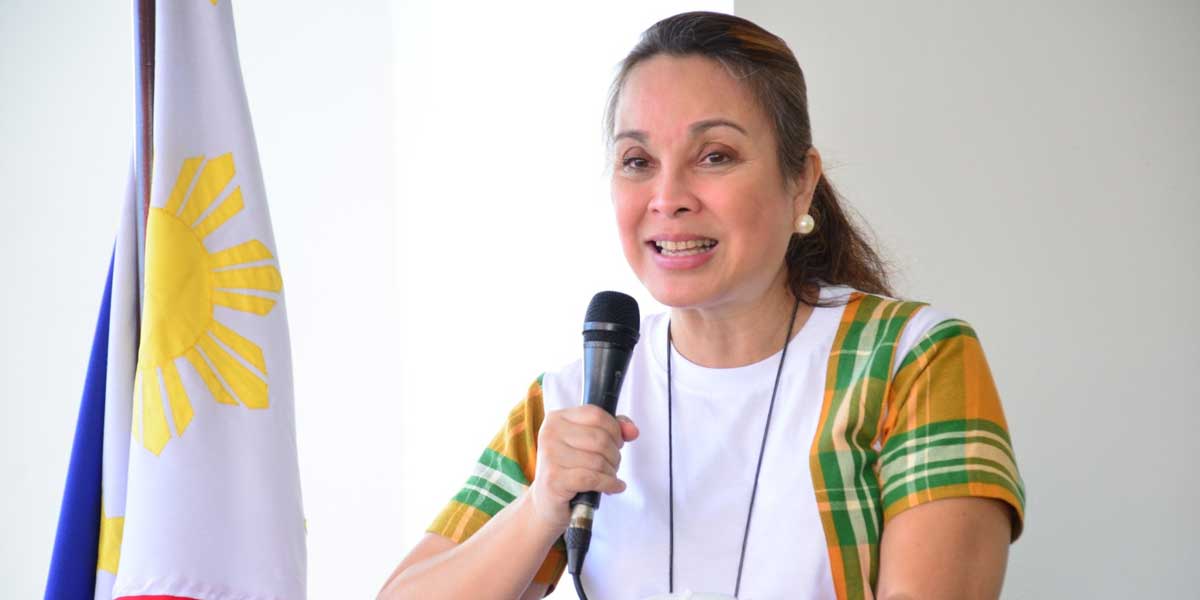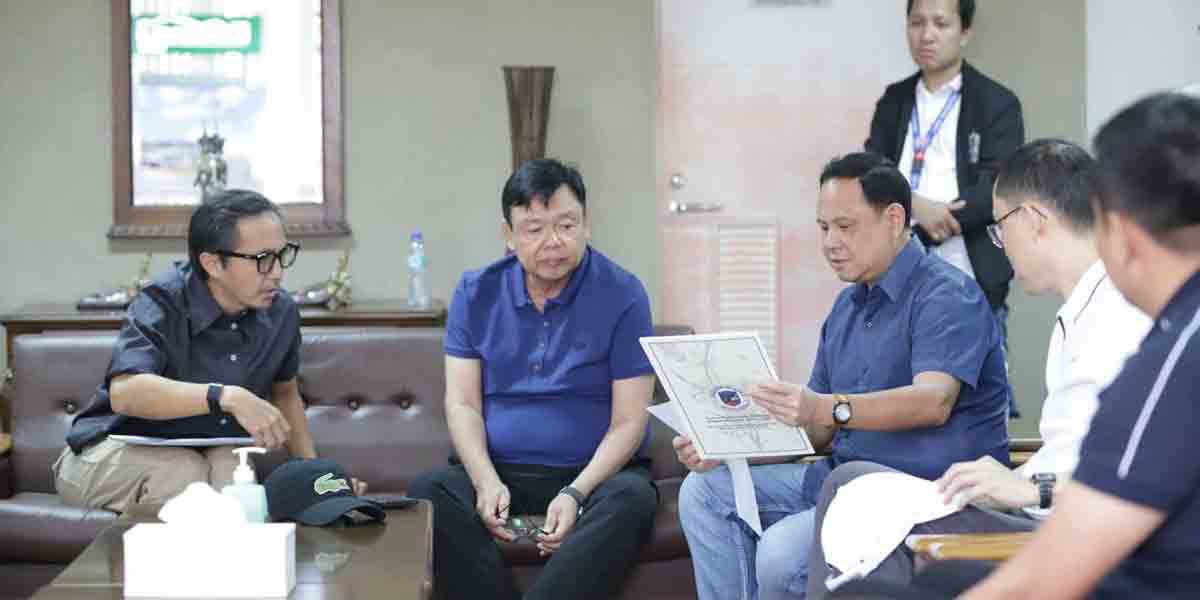THE Department of Social Welfare and Development (DSWD) welcomes the institutionalization of the Pantawid Pamilyang Pilipino Program (4Ps) with the signing into law of Republic Act 11310.
Institutionalizing the governments flagship poverty reduction program is the realization of the long-time clamor of beneficiaries to make the program regular and permanent, DSWD said in a press statement.
The law makes the program more robust by prioritizing farmers and fisherfolks, strengthening livelihood and employment opportunities for beneficiaries, ensuring civil society organizations seats in the advising councils, and providing automatic coverage to Philhealth.
4Ps is an investment in human capital which seeks to break the intergenerational cycle of poverty by focusing on education and health of the beneficiaries. It provides conditional cash transfer to poor households around the country. It is being implemented by DSWD, in partnership with other government agencies, such as the Department of Health (DOH), Department of Education (DepEd), and Commission on Higher Education (CHED), among others.
In the region (as of May 15), around 247, 643 households are covered by the program. Of the number, Aklan had 23,688; followed by Antique, 21, 682; Capiz, 29,551; Guimaras, 6,454; Iloilo, 73,002; and Negros Occidental, 93,266.
It can be recalled that in 2015, beneficiaries in the entire region had launched its signature campaign lobbying for the institutionalization of the program. Around 300,000 signatures were gathered and sent out to congressmen per province to help them support the passage of this law.
Pebelyn Bautista, a parent leader of Sapian, Capiz is thankful for the institutionalization of the program. She said the program helped a lot for the education and health of their children. She added that since it is a law already, they have no fear that the program might be dissolved by whoever will be elected as President of the country.
Meanwhile, Regional Program Coordinator (RPC) Belen Gebusion said with the 4Ps institutionalization the continuity and sustainability of the program can be assured.
That this has long been waited and expected given the remaining unserved poorest of the poor households in the region. The institutionalization signifies recognition of the program’s contribution to the country’s poverty reduction initiative, she said.
Gebusion added the program staff takes the challenge of achieving the program ultimate objective that is to improve the level of well-being of the poorest of the poor household beneficiaries.
























